
Salt Shaker
The body weight of Norwegian children appears to have stabilized, according to recent figures. That may seem a small feat, but it’s an encouraging one for public health.
Norway’s long-term public health effort — the Norwegian model, with broad cooperation by government, business and civil society — is paying off.
There is much to gain from a unison confrontation of challenges. We all need to work together.
We, the authorities, must do our share of the job.
But that is not enough. If we are to succeed.
Much work — essential to public health and sustainable development — occurs outside the health sector, and a great deal occurs entirely outside the public sector.
Therefore, we must work together — the public sector, private businesses and non-profit organizations. The boundaries dividing different industries has to be crossed.
We are accustomed to this in Norway. Our public sector, business and civil society have a long tradition of close and constructive cooperation.
As Minister of Health and Care Services, I established a high-level business group in 2014. Its participants are Norway’s major food providers, including international players like Mills and Orkla. Non-profit organizations take part as observers. The group decides on practical measures to improve the population’s diet. Its goals are consistent with those of the World Health Organization: to reduce the intake of salt, sugar and saturated fat.
My experience is that the food industry is willing to take responsibility. This cooperative effort leads to healthier products for consumers.
We have already established what we call the Salt Partnership. The members of the food industry have committed to specific targets to reduce the salt content in food, and help raise public awareness of the link between salt and health.
The objective is a 15-percent reduction in the population’s intake of salt by 2018.
The industry has also agreed to a reduction in saturated fat. They have proposed several measures to reduce the proportion of saturated fat in the diet (by energy) from 15 percent to 13 percent by 2018.
The group meets again on May 31. At this meeting, the industry will propose ways of reducing sugar. Packaging and portion sizes will be discussed, along with changes in sugar content for products like yogurt and breakfast cereal.
This is a tough challenge, and I believe we will succeed at this one, too.
The food industry’s effort to develop healthier products eventually affects what’s in our refrigerators — not only for those who find it easy to live healthy, but also for those who struggle in doing so. I am sure we will see results in the years ahead.
A voluntary labeling system (called “Keyhole”) is another initiative to help consumers make healthier choices. The government-managed, regulation-based program is the result of close cooperation between non-profit groups, the private sector and the authorities in the Nordic countries. Keyhole labeling identifies products that meet standardized nutritional criteria. The latest program revision tightened the salt-content standards.
In Norway, food manufacturers and food suppliers have established a Food and Drink Industry Professional Practices Committee. Together they have issued a code with guidelines and a product list to raise awareness about the marketing of food and beverages to children and young people. They should be protected from harmful marketing pressures. Promotion of unhealthy foods and drinks to children under 13 years is not permitted.
In 2015, the Norwegian government presented a white paper on public health to the parliament. The white paper presents simple, healthy choices, and it has received broad support from all parties in the parliament. This secures the long-term success of the program.
But food and diet are not only about nutrition. They are also about sustainability.
In 2017, the Norwegian government will submit a comprehensive action plan on diet. The plan is a collaboration between the government ministers responsible for children and equality, fisheries, agriculture, education, integration and climate and environment.
We have received inputs from non-profit organizations, businesses, county governments and individuals. Together, we will formulate a healthier and more sustainable set of dietary policies.
I have already begun exploring how best to mobilize youngsters to become change agents who advocate both the pleasures of food and a healthy and sustainable diet. In 2016, we will study how to organize this.
Children generate enthusiasm and commitment. They may be our most important innovators. They change attitudes and create new patterns of activity. They influence what foods the family purchases and what’s for dinner. If children and young people learn about diet and become interested in food, they can help adults make healthier and more sustainable choices. Joining me on this quest are TINE (Norway’s largest dairy product cooperative), the EAT Foundation and the Norwegian NCD Alliance.
The EAT Stockholm Food Forum has lifted the relationship between diet, health, food and sustainable development onto the global agenda. That makes me very happy. On June 13-14, key figures in science, business, politics and civil society will gather in Stockholm to budge our food systems toward greater sustainability, security and equality. This year, the forum will address consumption and production patterns, cities, accountability, technology and innovation across the food industry.
Norwegian Minister of Climate and Environment Vidar Helgesen and I will represent Norway’s government in Stockholm. We want to be a part of this important shift. I believe others might find it useful to hear about the Norwegian model, with its focus on broad cooperation.
The time is ripe. We can make a positive change for the future — for our children’s health, and for sustainability for all!
(The Huffington Post and the EAT Foundation, in conjunction with the latter’s inaugural EAT Stockholm Food Forum (Stockholm, June 13-14, 2016).



 The $850bn Norwegian oil fund has drawn up contingency plans to protect its assets from extreme political events such as a military invasion or coup. This comes at a time when the stability of several international sovereign wealth funds is in question.
The $850bn Norwegian oil fund has drawn up contingency plans to protect its assets from extreme political events such as a military invasion or coup. This comes at a time when the stability of several international sovereign wealth funds is in question.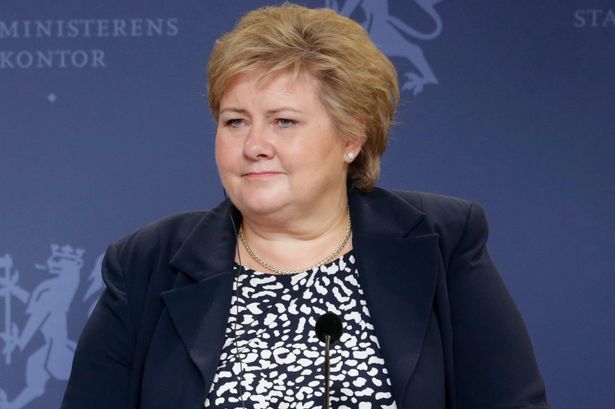
 Britain would have to accept more migrants if it forged a Norwegian-style trade treaty with the EU after Brexit .
Britain would have to accept more migrants if it forged a Norwegian-style trade treaty with the EU after Brexit .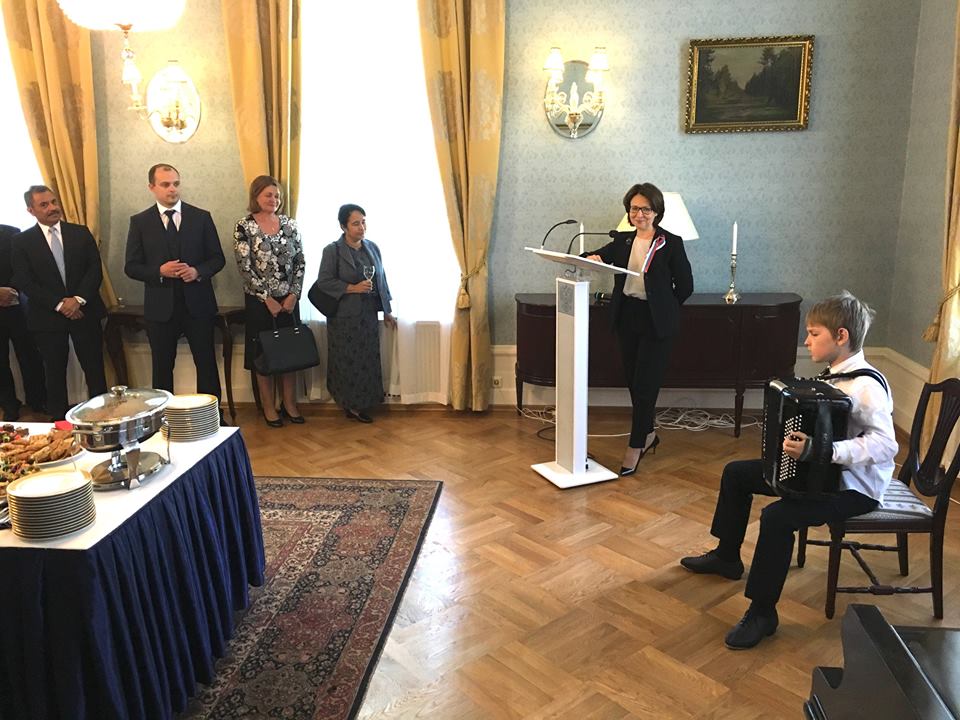
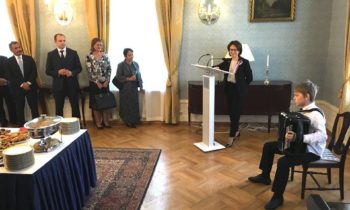 On the 10th of June Russian Embassy in Norway hosted a solemn reception on the occasion of the oncoming National Day of Russia.
On the 10th of June Russian Embassy in Norway hosted a solemn reception on the occasion of the oncoming National Day of Russia.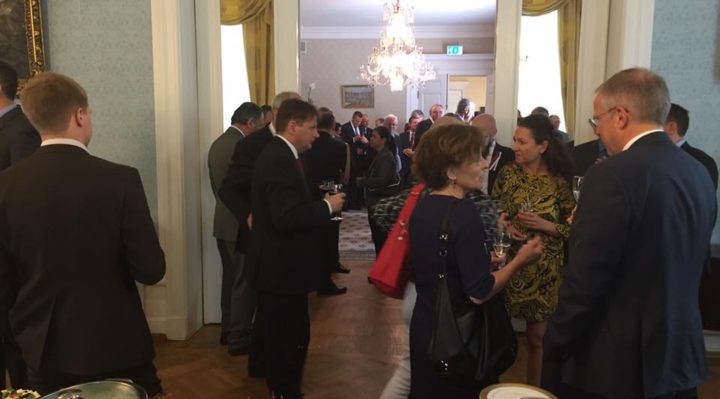
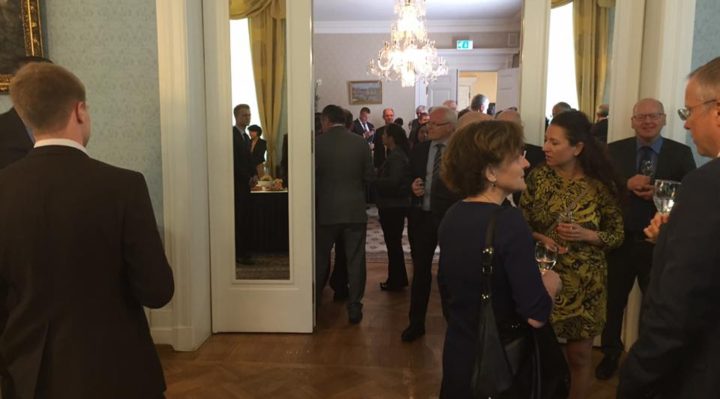
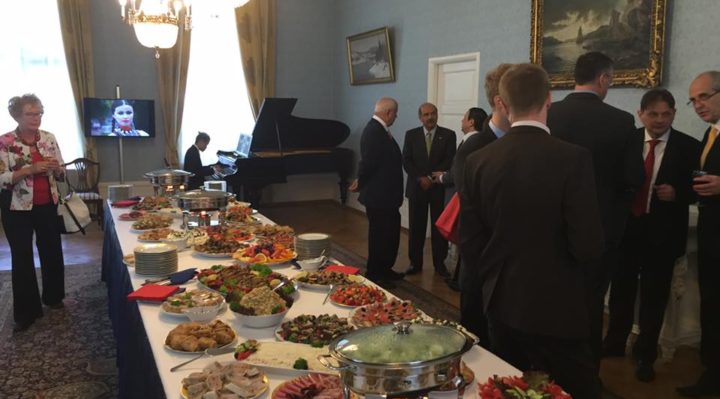
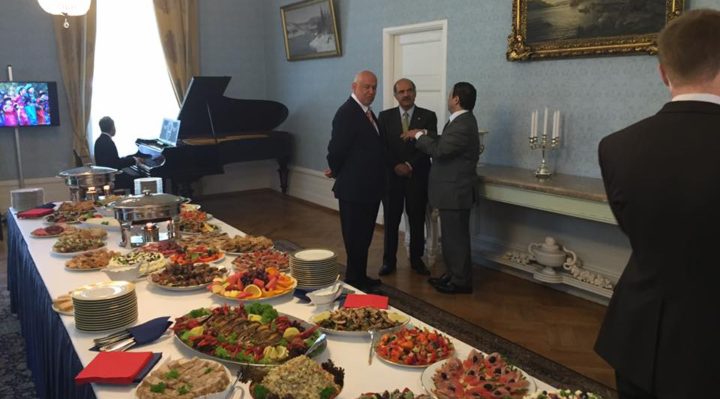
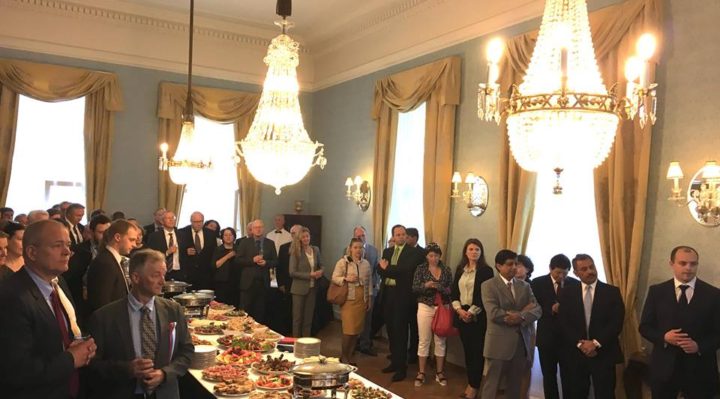
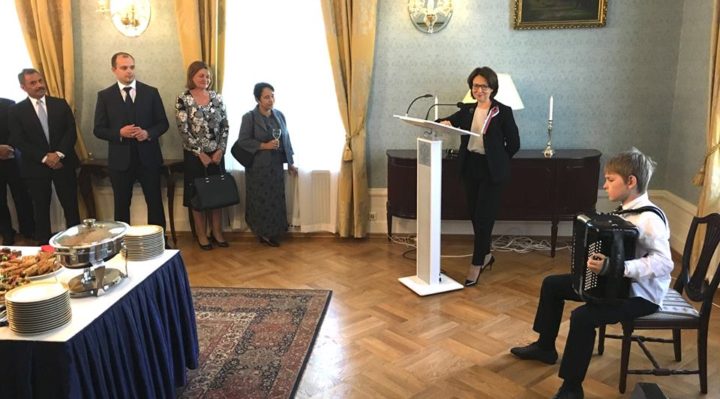
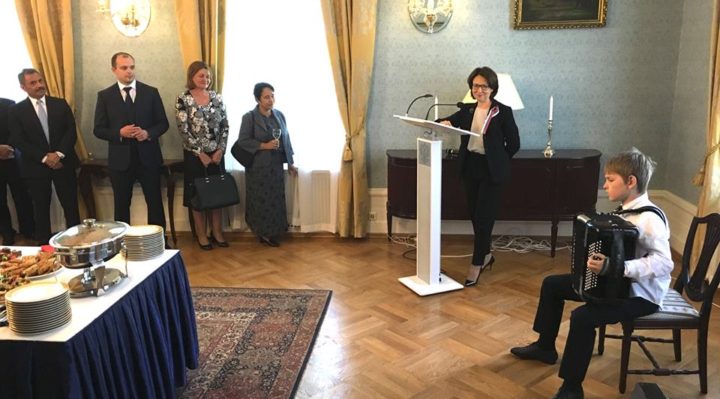
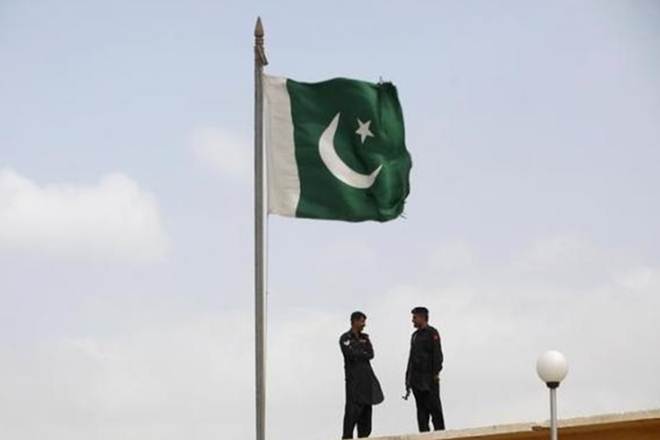
 Pakistan has awarded a USD 395 million 4G licence to Norwegian telecom giant Telenor, as it seeks to capitalise on a booming domestic mobile market some two years since broadband Internet arrived in the country.
Pakistan has awarded a USD 395 million 4G licence to Norwegian telecom giant Telenor, as it seeks to capitalise on a booming domestic mobile market some two years since broadband Internet arrived in the country.
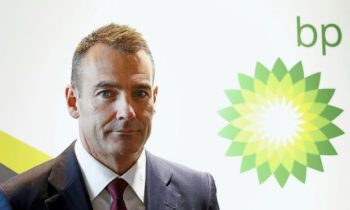 BP Plc sold its Norwegian oil fields, some more than 40 years old, to a company controlled by billionaire Kjell Inge Roekkein a 10.8 billion kroner (US$1.3bil) stock deal.
BP Plc sold its Norwegian oil fields, some more than 40 years old, to a company controlled by billionaire Kjell Inge Roekkein a 10.8 billion kroner (US$1.3bil) stock deal.
 Western Isles MSP, Alasdair Allan has contributed to a debate commemorating the Western Isles’ Viking links.
Western Isles MSP, Alasdair Allan has contributed to a debate commemorating the Western Isles’ Viking links.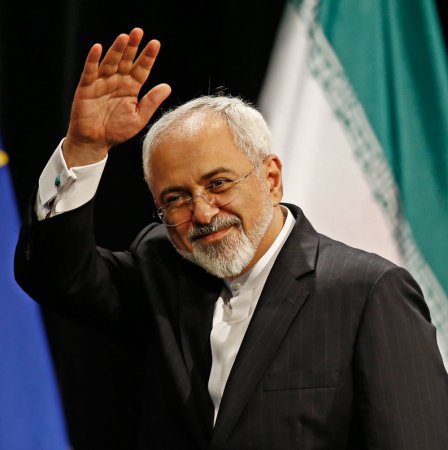
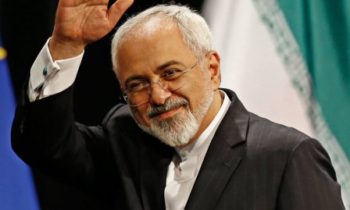 Iranian Foreign Minister Mohammad Javad Zarif will travel to Norway next week to attend the 2016 edition of the Oslo Forum, an annual international conference on armed conflict mediators and peace process actors.
Iranian Foreign Minister Mohammad Javad Zarif will travel to Norway next week to attend the 2016 edition of the Oslo Forum, an annual international conference on armed conflict mediators and peace process actors.
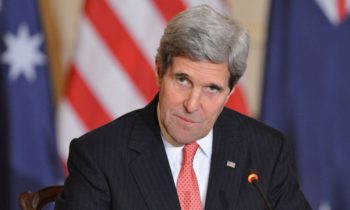 U.S. Secretary of State John Kerry will travel to Santo Domingo, Dominican Republic; Oslo and Svalbard, Norway; Copenhagen, Denmark; and Ilulissat, Greenland from June 13-17.
U.S. Secretary of State John Kerry will travel to Santo Domingo, Dominican Republic; Oslo and Svalbard, Norway; Copenhagen, Denmark; and Ilulissat, Greenland from June 13-17.


 A Norwegian court opened today a process to extradite to Italy a former leader of the fundamentalist Kurdish group Ansar al-Islam, suspect of leading a terrorist network with plans to execute attacks in Europe and the Middle East.
A Norwegian court opened today a process to extradite to Italy a former leader of the fundamentalist Kurdish group Ansar al-Islam, suspect of leading a terrorist network with plans to execute attacks in Europe and the Middle East.
 NEWLY appointed peace negotiator Jesus Dureza flew to Paris Saturday, June 10 enroute to Oslo, NOrway to meet with exiled communist leader Jose Ma. Sison.
NEWLY appointed peace negotiator Jesus Dureza flew to Paris Saturday, June 10 enroute to Oslo, NOrway to meet with exiled communist leader Jose Ma. Sison.
 Philippines – Peace negotiators of the incoming Duterte administration are flying to Norway Friday night for informal talks with communist rebels “to work for the early resumption of the stalled peace negotiations.”
Philippines – Peace negotiators of the incoming Duterte administration are flying to Norway Friday night for informal talks with communist rebels “to work for the early resumption of the stalled peace negotiations.”
 In 2015, Norway exported arms and military equipment for just over NOK 3 billion. This is an increase of four per cent from 2014.
In 2015, Norway exported arms and military equipment for just over NOK 3 billion. This is an increase of four per cent from 2014.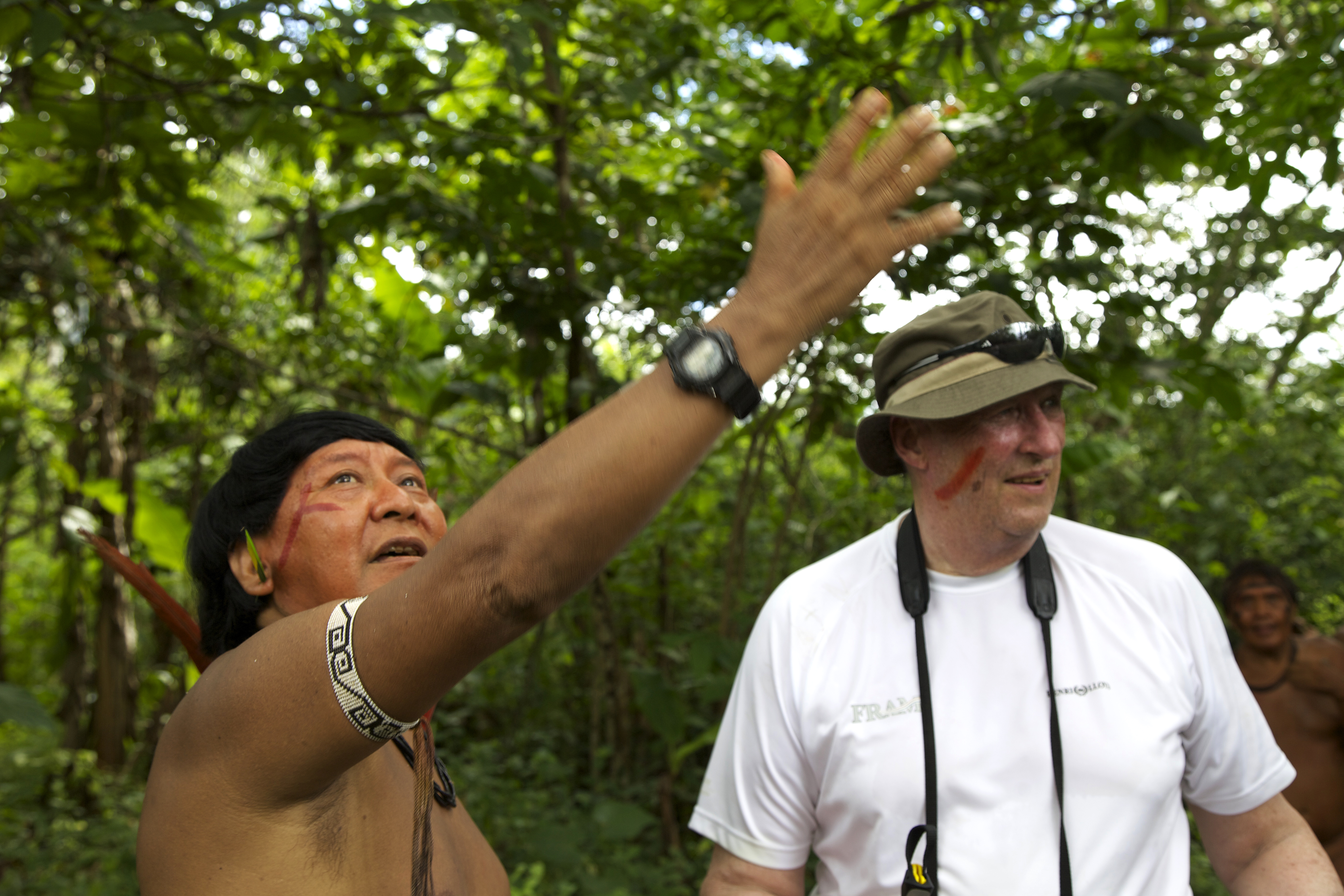
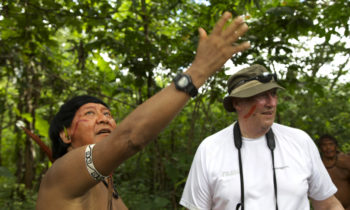 Oil-rich Norway is taking a big step in saving tropical rainforests that are crucial to absorbing the world’s carbon emissions. The Scandinavian country has become the first in the world to pledge not to use products that contribute to deforestation.
Oil-rich Norway is taking a big step in saving tropical rainforests that are crucial to absorbing the world’s carbon emissions. The Scandinavian country has become the first in the world to pledge not to use products that contribute to deforestation.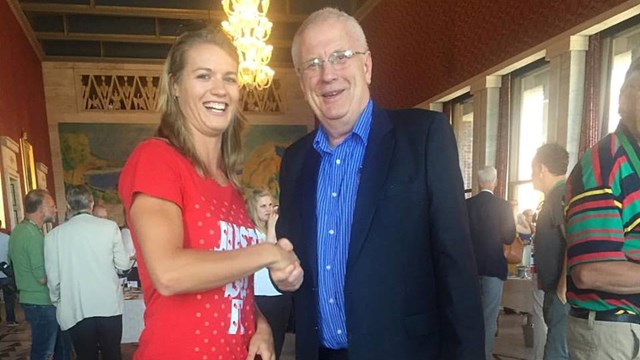
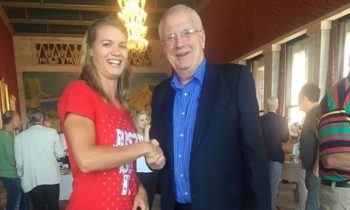 As meeting director of the Bislett Games for 24 years, Svein Arne Hansen presided over some of the greatest world records – including those from Norwegians Ingrid Kristiansen (10,000m in 1986) and Trine Hattestad (javelin in 2000).
As meeting director of the Bislett Games for 24 years, Svein Arne Hansen presided over some of the greatest world records – including those from Norwegians Ingrid Kristiansen (10,000m in 1986) and Trine Hattestad (javelin in 2000).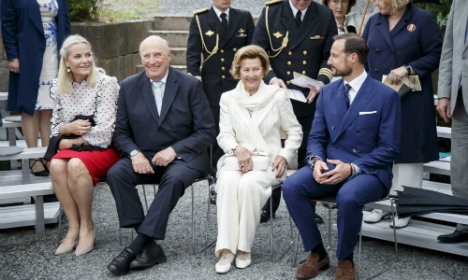
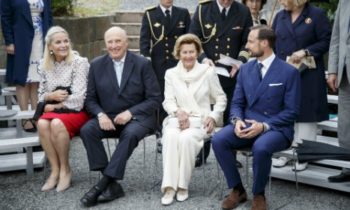

 ‘Norway condemns yesterday’s brutal terrorist attack in Tel Aviv,’ said Minister of Foreign Affairs Børge Brende.
‘Norway condemns yesterday’s brutal terrorist attack in Tel Aviv,’ said Minister of Foreign Affairs Børge Brende.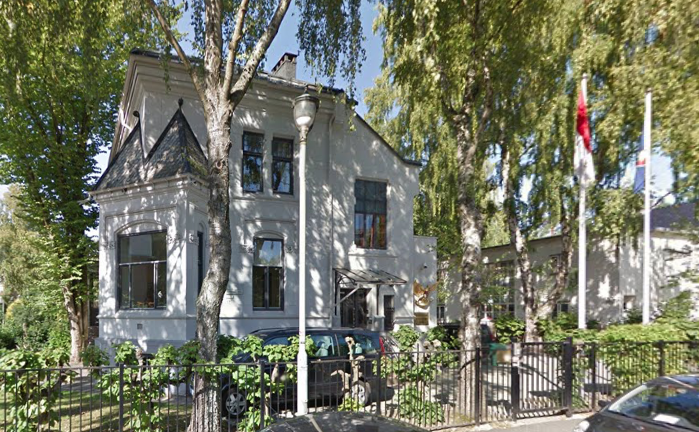
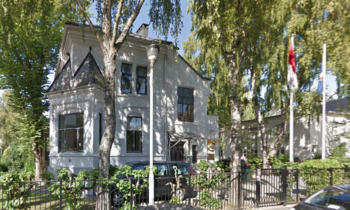 In an Indonesian Business Discussion, initiated by the Indonesian Embassy in Oslo, Norway, participants reviewed opportunities in Indonesia for business expansion and investment by Norwegian businesses.
In an Indonesian Business Discussion, initiated by the Indonesian Embassy in Oslo, Norway, participants reviewed opportunities in Indonesia for business expansion and investment by Norwegian businesses.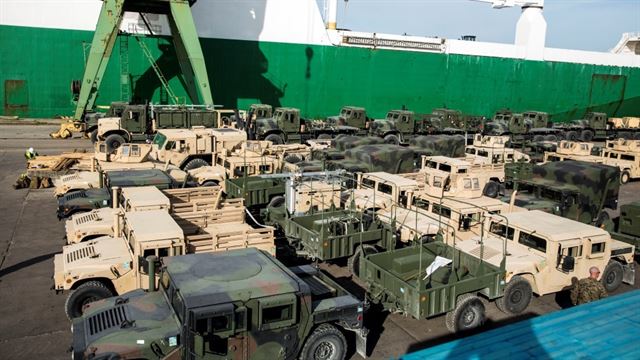

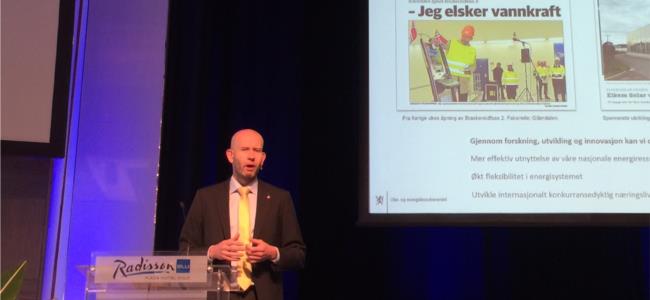
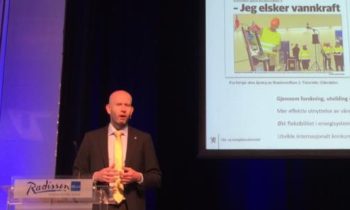 The Research Council of Norway has pledged 160 million NOK for the establishment of eight new research centers that will work on sustainable energy production. The project has an overall budget of 1.3 billion NOK, to be distributed over eight years.
The Research Council of Norway has pledged 160 million NOK for the establishment of eight new research centers that will work on sustainable energy production. The project has an overall budget of 1.3 billion NOK, to be distributed over eight years.

 Norway’s industry safety body has formally imposed an order on BP to act on its crane maintenance and materials handling on the Ula and Valhall facilities.
Norway’s industry safety body has formally imposed an order on BP to act on its crane maintenance and materials handling on the Ula and Valhall facilities.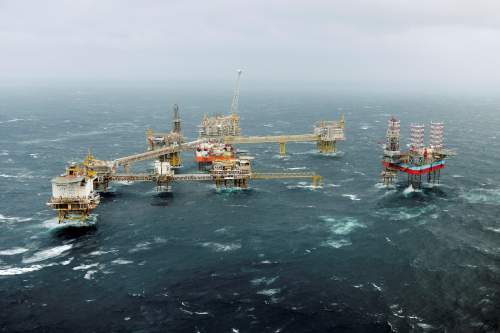
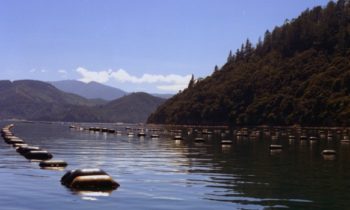 The Norwegian Petroleum Directorate (NPD) has granted a drilling permit to Engie E&P Norge for well 36/7-4 in offshore Norway.
The Norwegian Petroleum Directorate (NPD) has granted a drilling permit to Engie E&P Norge for well 36/7-4 in offshore Norway.
 A Norwegian prosecutor Tuesday requested jail terms of at least six years for two men charged with supporting the militant Islamic State group as their trial closed in the Norwegian capital of Oslo.
A Norwegian prosecutor Tuesday requested jail terms of at least six years for two men charged with supporting the militant Islamic State group as their trial closed in the Norwegian capital of Oslo.